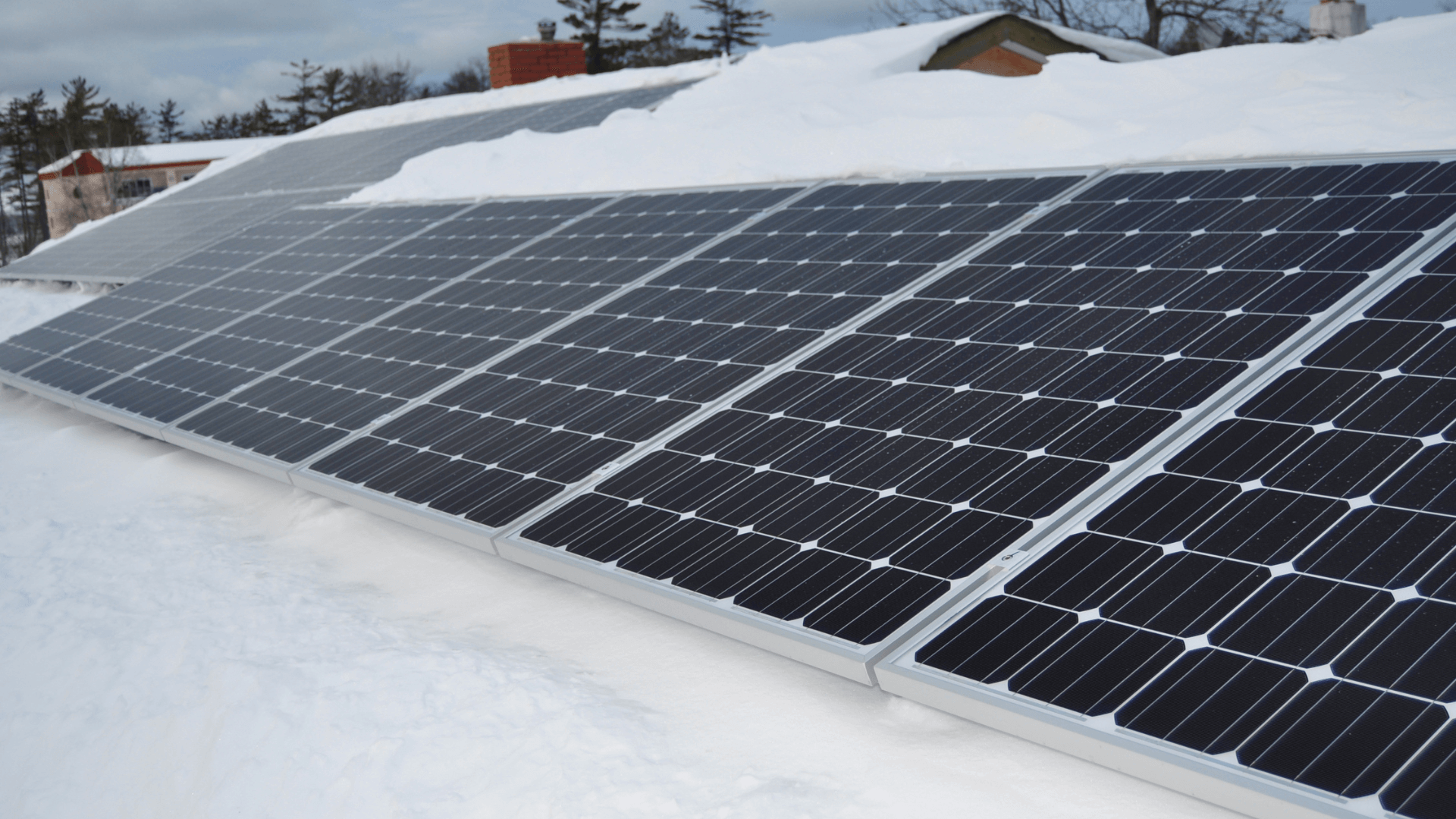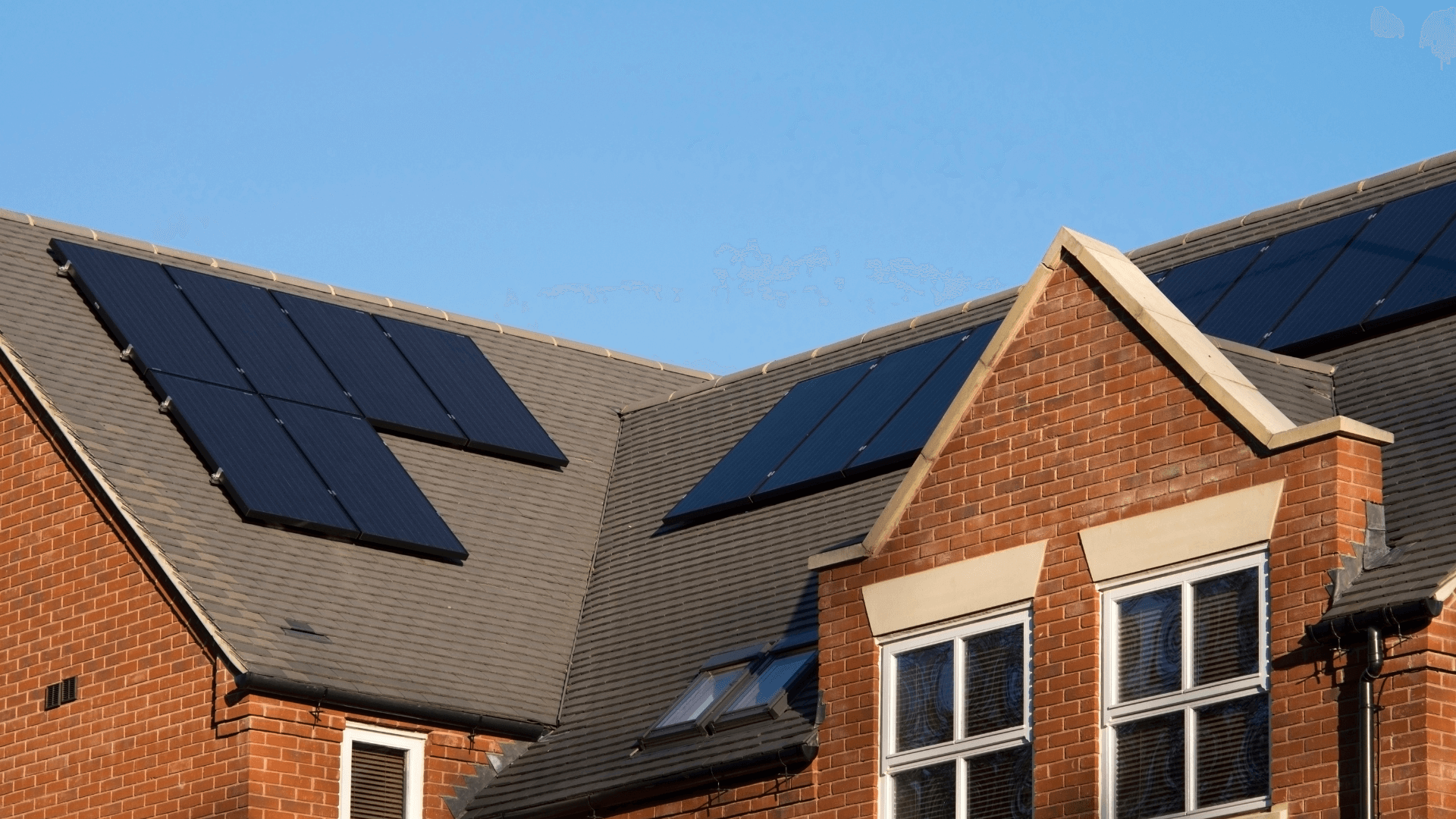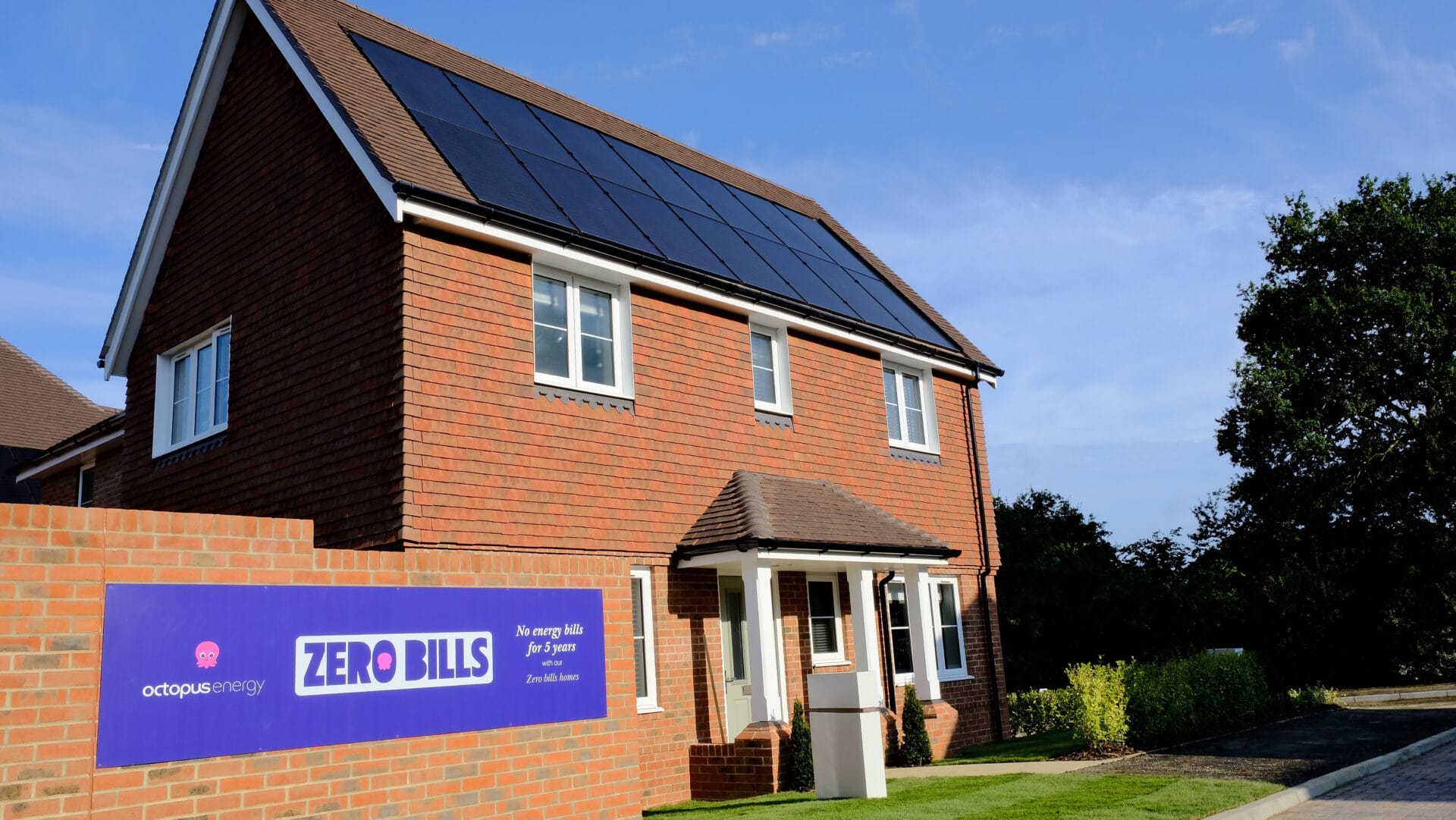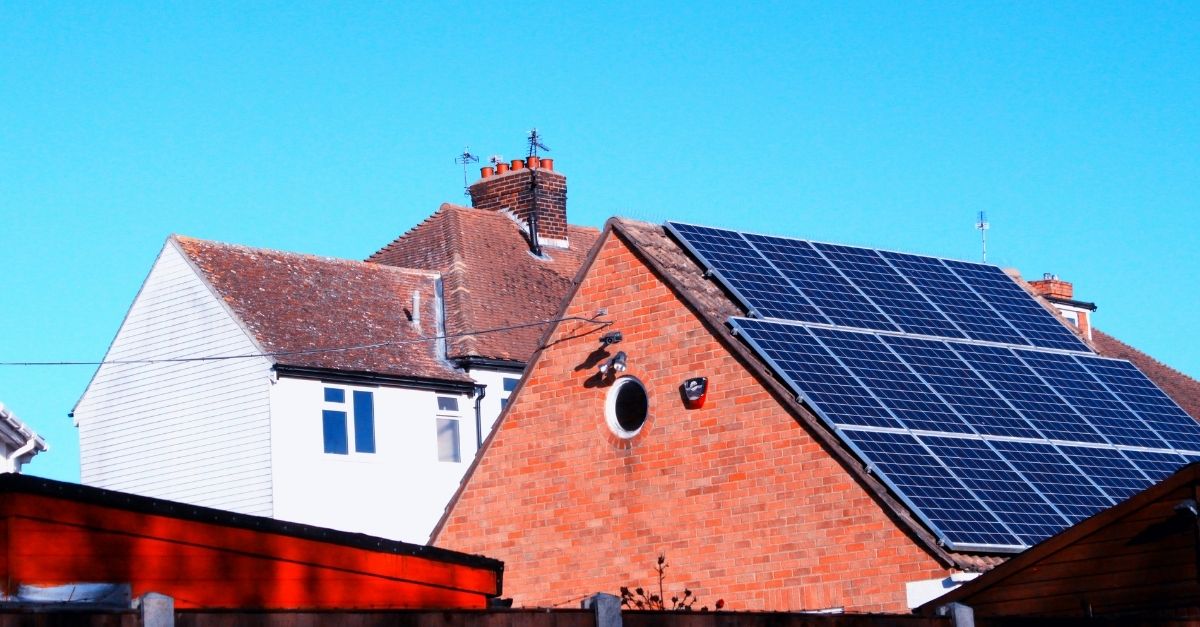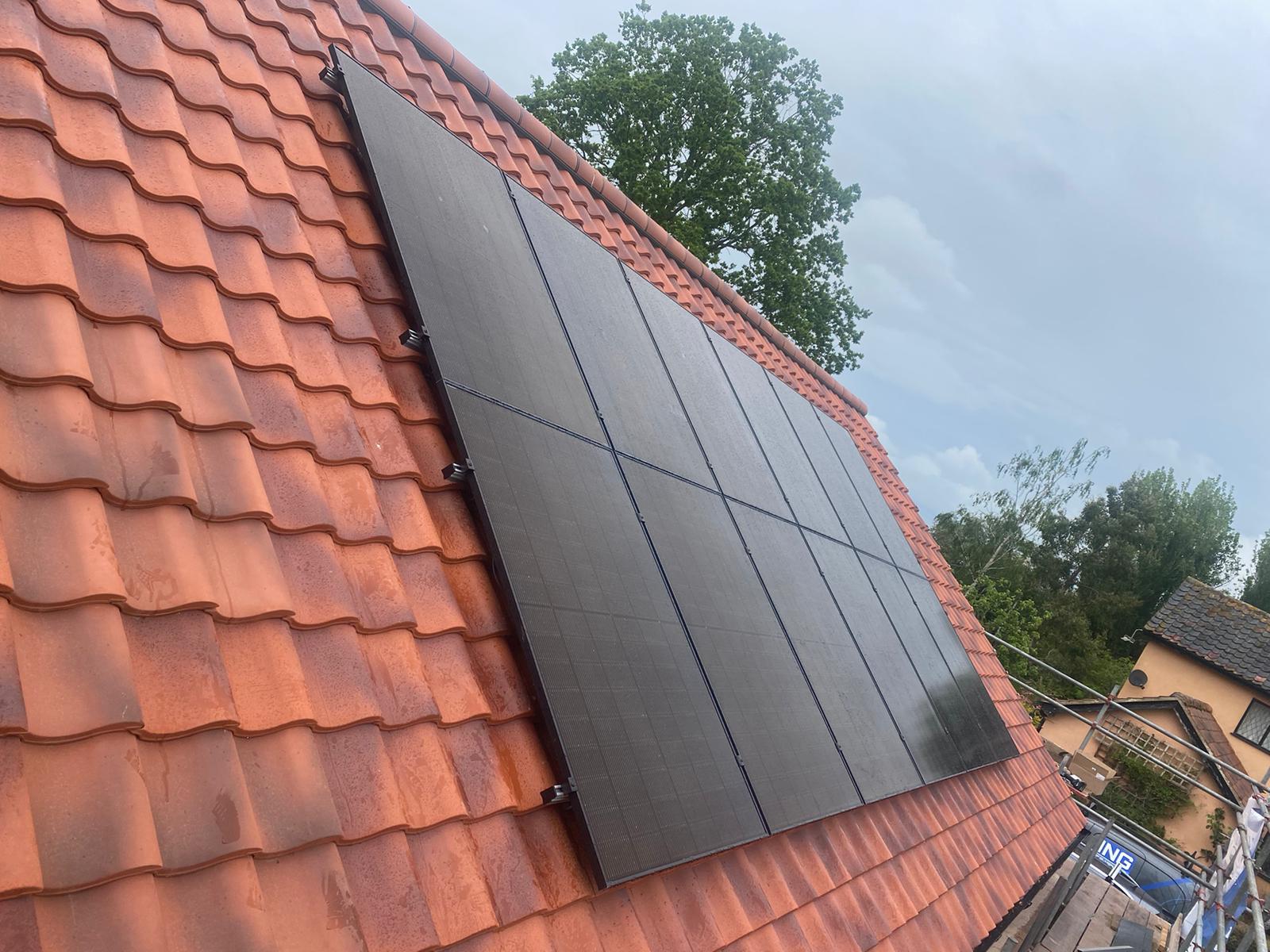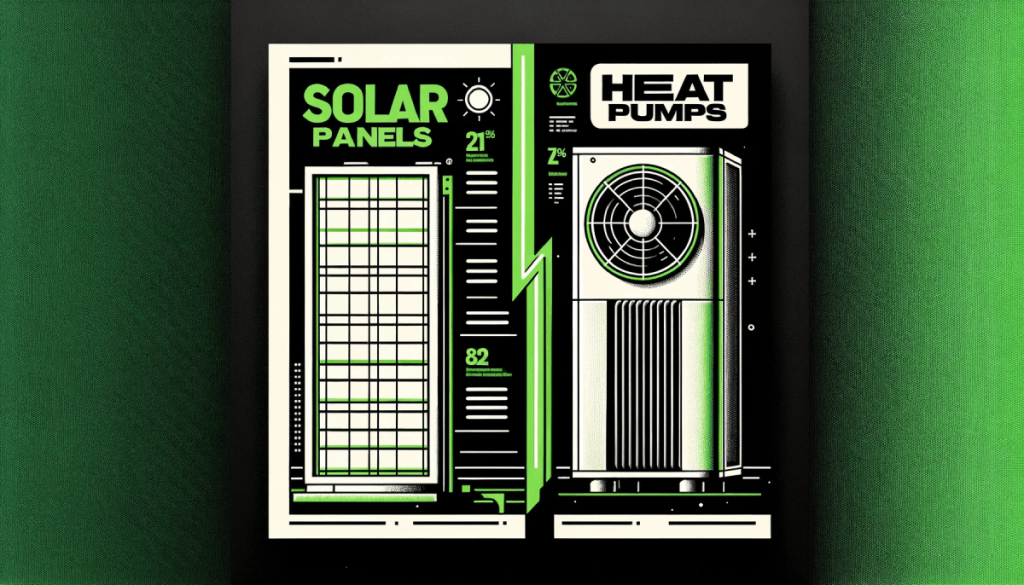
The urgency for a more sustainable and eco-conscious way of life is mounting as both residential and commercial sectors aim to tap into the potential of clean energy sources. If you’re contemplating the prospect of diminishing your energy expenditure, shrinking your ecological footprint, and amplifying the energy efficiency of your dwelling or workplace, then solar panel or heat pump installation might be on your radar.
These two renewable energy systems stand out as formidable contenders for those eager to reduce greenhouse gas emissions, yet when pitted against each other – solar panels versus heat pumps – which emerges as the superior selection?
This comparative exploration delves into the intricacies of both solar panels and heat pumps, equipping you with the clarity needed to make a well-informed choice.
Uncovering Solar Panels
Solar energy, provided generously by the sun, ranks among the most affordable and environmentally benign renewable energy sources. It comes in two forms: electricity and heat generation, achieved through Solar Photovoltaic (PV) Panels and Solar Thermal Panels, respectively.
The evolving technology behind Solar PV Panels has spurred their adoption, highlighted by a record-setting 130,596 new installations during the 2022 energy crunch. Solar panels consist of numerous solar cells crafted from semiconductor materials like silicon, which generate an electric current upon exposure to sunlight – a phenomenon known as the photovoltaic effect.
Installed across rooftops, solar farms, and other expansive areas, solar panels have played a pivotal role in diminishing reliance on traditional fossil fuels.
Benefits Of Installing Solar Panels
Cost-efficient: Slash your fossil fuel use and energy bills by up to 90% with solar panels and a battery system.
Maintenance-free: With minimal upkeep required and a lifespan of approximately 40 years, they provide renewable energy effortlessly.
Energy autonomy: Generate your electricity, reducing dependence on fluctuating grid prices and power outages.
Flexible installation: Mount on various structures, and utilize the generated energy to warm water or charge electric vehicles.
Tax benefits: Capitalise on 0% VAT for installations until April 2027, in support of the UK’s Net Zero 2030 commitment.
Grid support: Export excess energy to the National Grid, earning compensation through the Smart Export Guarantee.
Drawbacks Of Installing Solar panels
Initial expense: Installation costs can be steep, although prices are decreasing, and financing options exist. Weather-dependent: Solar energy production fluctuates with the weather, requiring storage or backup systems for consistency.
Property limitations: Your site’s suitability can affect energy yields, prompting consideration of alternatives like wind turbines.
Long-term ROI: Energy savings begin instantly, but investment payoff spans 7-20 years, posing a challenge for those in temporary residences.
Demystifying Heat Pumps
Heat pumps harness ambient thermal energy to green our homes. With options like Air-source and Ground-source available, Air Source Heat Pumps (ASHP) are favoured in the UK, offering both heating and cooling by capitalising on heat’s natural migratory tendencies.
ASHPs extrapolate warmth from the air outside, integrating it with your home’s heating system or hot water supply. Although they consume electricity, the heat generated far exceeds the electrical input, increasing overall efficiency.
Advantages Of Installing Heat Pumps
Carbon reduction: Curbing building emissions is crucial; moving to an ASHP could eliminate over 23 tonnes of carbon in a decade.
Governmental support: The Boiler Upgrade Scheme provides noteworthy subsidies for heat pump installations. Maintenance simplicity: With proper care, a heat pump can have a 20-year lifespan.
Safety and efficiency: Since they don’t combust fuel and extract heat from the environment, they’re both secure and highly efficient.
Disadvantages Of Installing Heat Pumps
Not entirely green: Running on electricity (when not sourced sustainably) detracts from their eco-friendliness. Operational costs: Electricity being pricier than gas inflates running costs, despite their energy efficiency.
Operating Costs for Heat Pumps: Heat pumps are powered by electricity, which can be more costly than gas. This factor can influence the operating expenses of heat pumps compared to gas boilers. However, due to their efficiency in converting electricity into heat, heat pumps may use less energy overall. Octopus Energy’s data suggests that the running costs for a heat pump can be comparable to those of a gas boiler for the typical UK household. It’s important to consider that while the unit price for electricity is higher, the efficiency of heat pumps could potentially offset this difference.
Installation prerequisites: Effective heat pump instalment needs a well-insulated property, appropriate heating systems, and both external and internal space, which could entail additional costs not covered by grants.
Can Solar Panels Power A Heat Pump?
Absolutely! Combining solar panels with a heat pump minimises the carbon footprint and enhances financial returns. Solar-generated electricity can power the heat pump, reducing operating costs and energy bills, especially when paired with an energy storage system. A renewable energy expert can help tailor a system to your needs.
Choosing Between Solar panels And Heat Pumps
The decision hinges on your unique energy needs, property attributes, and financial resources:
Property Suitability Assessment: Verify whether your property is apt for solar panels or a heat pump.
Financial Planning: Analyse upfront and potential long-term savings, including incentives and grants.
Energy Goals: Establish what you aim to achieve with your energy solution and evaluate your current usage.
Both technologies can significantly enhance your home’s sustainability. Determining eligibility is a foundational step, best done with an energy consultant.
